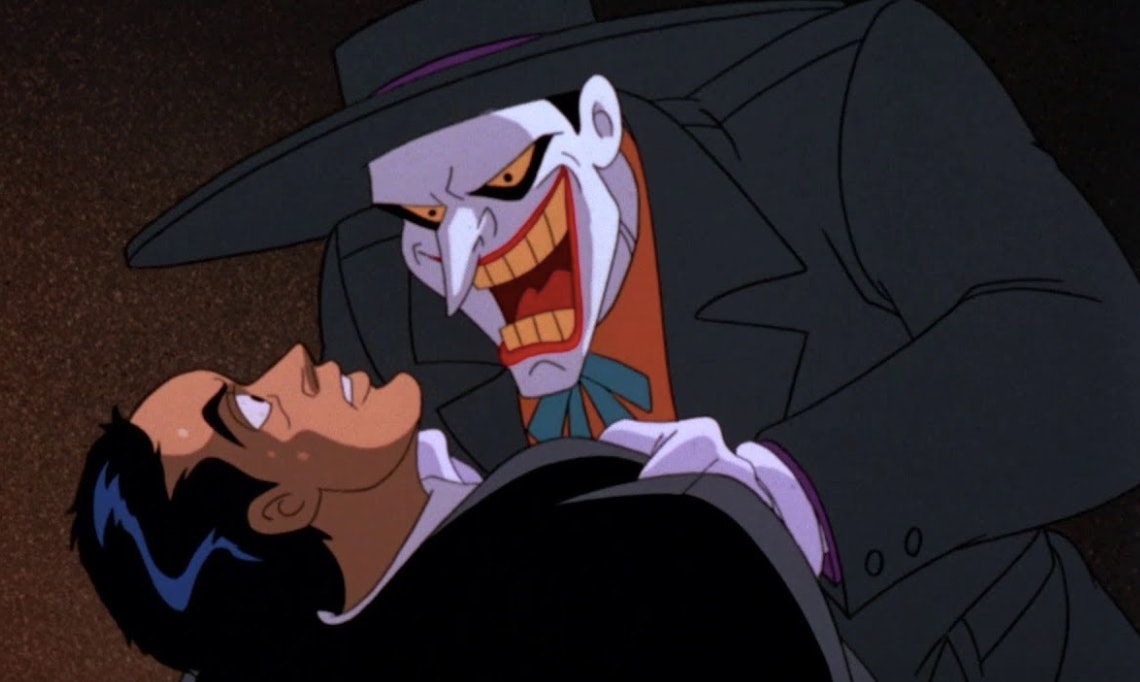
Here’s a sentence that will instantly date me as a millennial: I watched Batman: Mask of the Phantasm so many times as a kid that I wore out the VHS tape.
Released in theaters on Christmas Day 1993, Mask of the Phantasm represents the pinnacle of Batman storytelling. Starring Kevin Conroy as Bruce Wayne/Batman and Mark Hamill as the Joker, it’s a beautifully crafted tale of crime, corruption, and doomed romance that manages to squeeze in a Joker subplot and a retelling of the Dark Knight’s origin story in just 76 minutes. It was also a total flop, making just $5.6 million at the box office on a budget of $6 million, before finding success in the form of VHS and, eventually, DVD and Blu-ray.
Mark Hamill, who voiced the Joker throughout Batman: The Animated Series and various other cartoons and video games, still remembers seeing the movie in theaters all those years ago.
“I took my family to see it on Christmas night in New York,” Hamill tells Inverse. “We went to the East Side. There were so few people in the theater, they were all hardcore Batman fans, so they all recognized me before the lights went down. And since there were only maybe 12 people, I invited them all to sit with us, and we filled up almost two rows.”
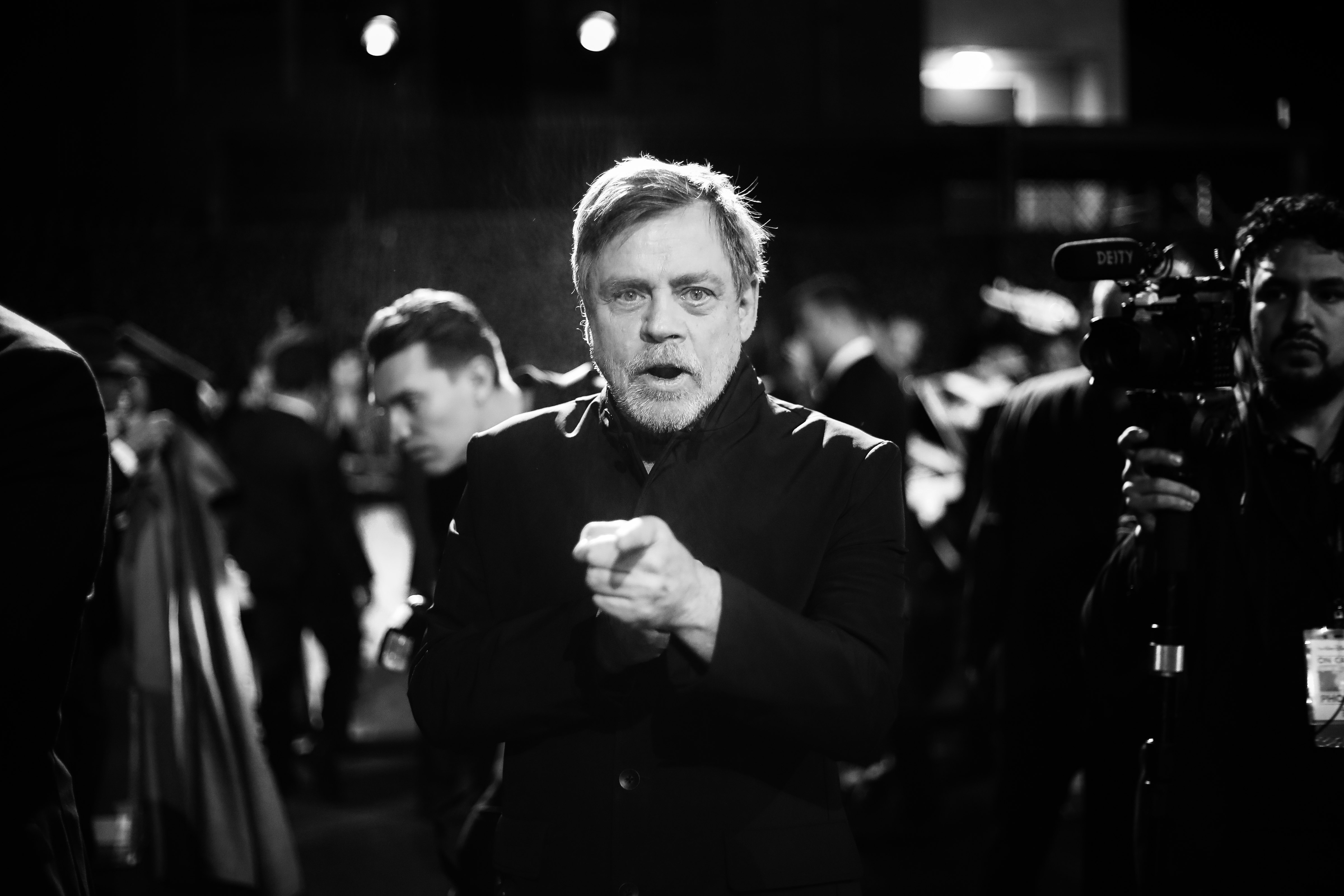
For Hamill, Mask of the Phantasm represented a chance to break free from the government regulations that kept Batman: The Animated Series boxed in. “The film could be darker and there could even be deaths,” he says. While the network TV cartoon had to play by censor rules, an animated film could break those boundaries. The action scenes have blood, and in one particularly brutal fight, the Joker even loses a tooth.
Inverse caught up with Hamill to talk all things Batman: Mask of the Phantasm, from his memories of working with the late, great Kevin Conroy to the one thing he’d change if he could make the movie all over again.
This interview has been edited lightly for clarity.
How did you first hear about Mask of the Phantasm?
Well, I was working on the animated series and they told us that they were going to do an animated film, or direct-to-video, which was exciting to us because obviously you could do a longer story and it wouldn’t be controlled by the TV censors’ standards and practices. So the film could be darker and there could even be deaths, which ups the ante in a way the television version couldn’t.
What was your reaction after reading the script?
I loved it. I thought it was probably the best Batman script I’ve ever read, and I’d put that script up against the feature films any day. I think it’s one of the best Batman movies ever made.
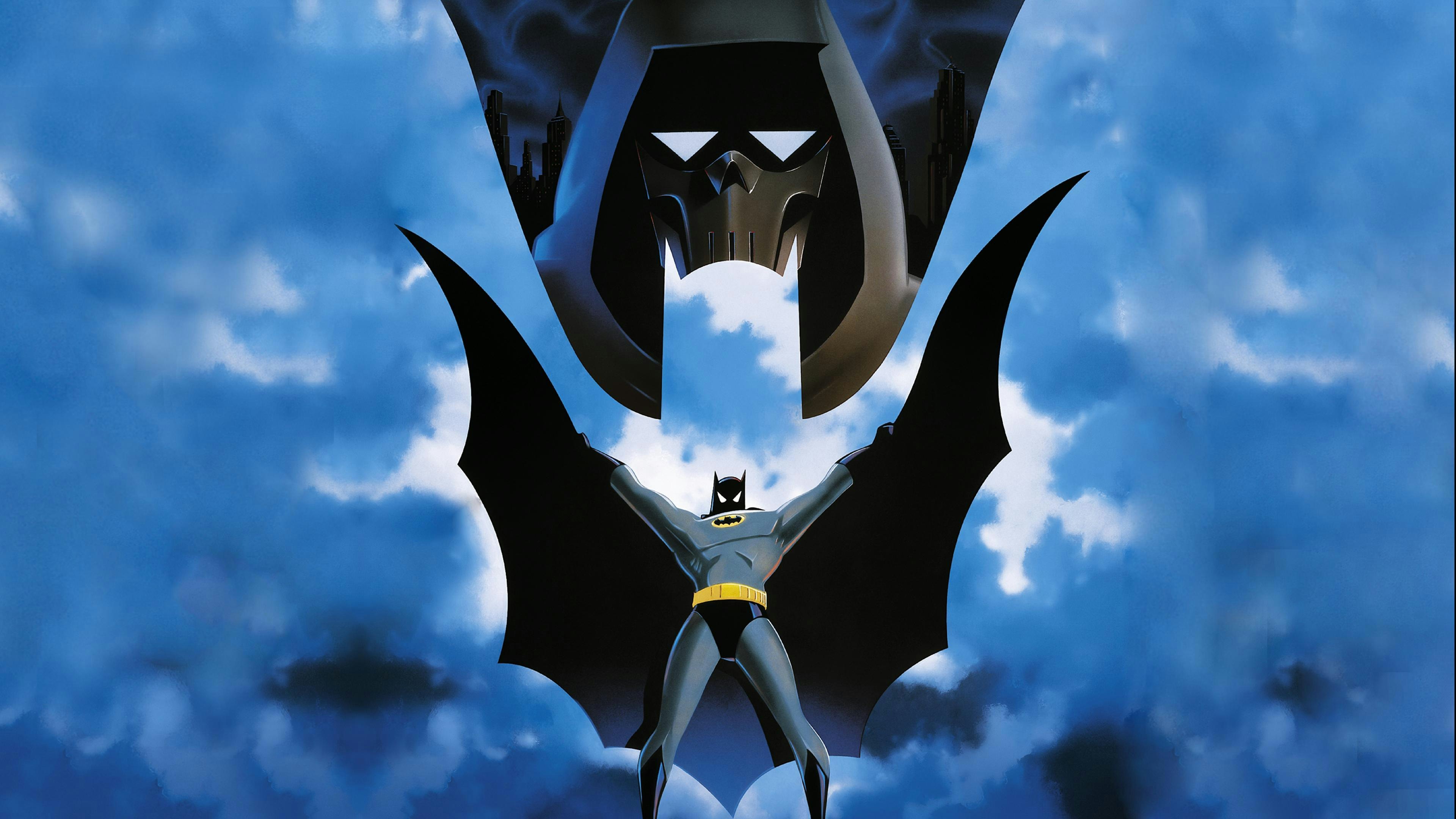
The scenes where Joker is living at the abandoned World’s Fair are particularly fun. What are your memories of recording those lines?
Well, my memories of recording those specific lines are part and parcel of the entire experience. It was wonderful. The whole animated series was one of the highlights of my career. I loved doing it. I love the cast, everybody involved, and I think the Joker was very well used in the film. He becomes part of the story organically because it’s about crime bosses feuding in Gotham City, and as a way of explaining the backstory, the Joker comes into it naturally. You even see a flash of him before he became the Joker. It wasn’t like the traditional script where it’s Batman versus Joker at all. Joker was part of a much larger ensemble and very well-written.
Was there any improvisation or was it all scripted?
The scripts were so well-written there was no need for improvisation. Now, occasionally I would throw in something unexpected, whether it was just a laugh or an aside. But all these years later, I can’t remember specifically.
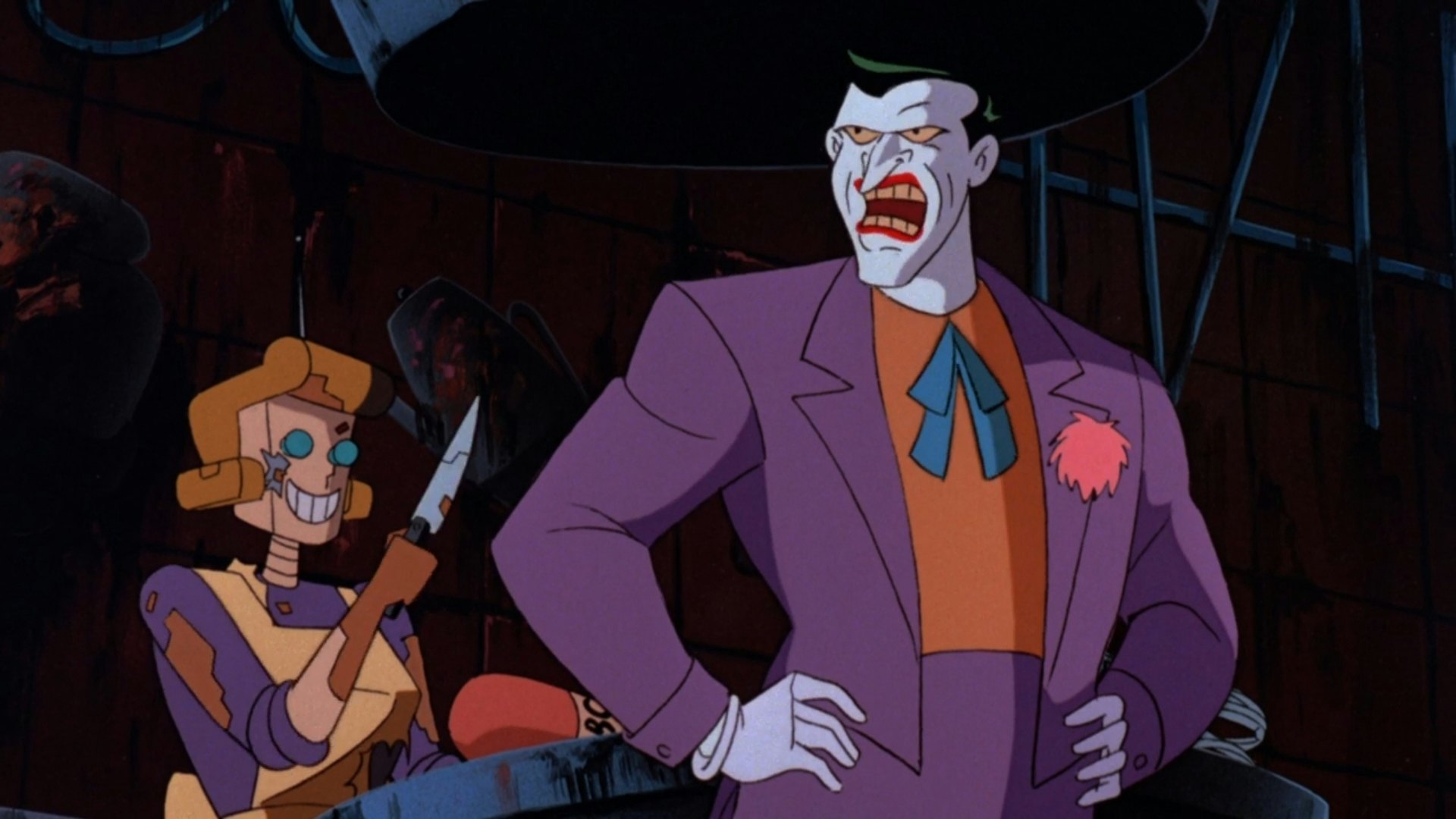
Can you share any memories of working with Kevin Conroy on this movie?
Oh my gosh. Kevin and I developed our characters side by side. I mean, obviously, he was in every episode and I was maybe in, I don’t know, 10 percent of them, but he was just a wonderful, wonderful guy, a great actor. We became great friends, and I think our relationship mirrored the Joker and Batman in the sense that we realized how the characters completed each other, the dark and the light, and at work, it was all work. In between, you could socialize. I really got to know Kevin later when we did cons together and question-and-answer panels for Batman and Joker. But he was just one of my favorite people, and I’ll never stop missing him.
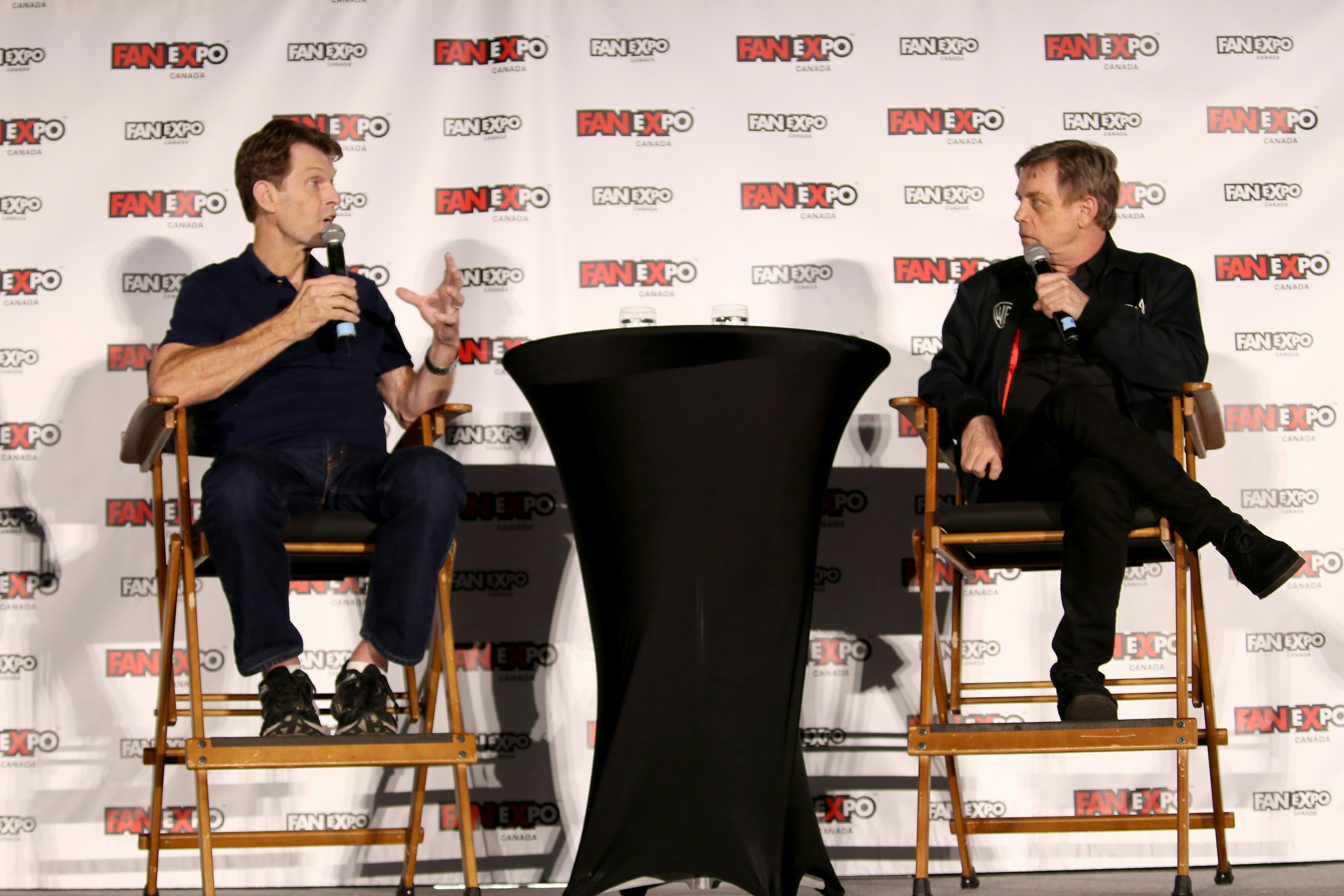
Why do you think Mask of the Phantasm is still so beloved 30 years later?
I think it’s beloved 30 years later because it’s just a damn good movie from top to bottom. The production design, the performances, Shirley Walker’s music. It was interesting in that it wasn’t a hit at the time. I took my family to see it on Christmas night in New York. We went to the East Side. There were so few people in the theater, they were all hardcore Batman fans, so they all recognized me before the lights went down. And since there were only maybe 12 people, I invited them all to sit with us, and we filled up almost two rows. The satisfaction was when it came out on videotape, and then on DVD. It has become financially profitable and very much appreciated and even revered by fans and critics alike.
It’s been said that the Joker wasn’t originally supposed to be in this story. Do you know if that’s true?
By the time I got the script, he was in the story, obviously, and I really don’t know the backstory. I’ve read a little bit about it, but I don’t have any firsthand knowledge. I mean, certainly, you could see how it would work without him because it’s about warring mob bosses as well as beautifully telling the backstory of Batman and his lost love in Andrea Beaumont. It’s a model of economic storytelling. You see movies today that go on for two hours and 45 minutes, and Mask of the Phantasm gets it done. I don’t know the exact running time, but it’s probably less than 90 minutes.
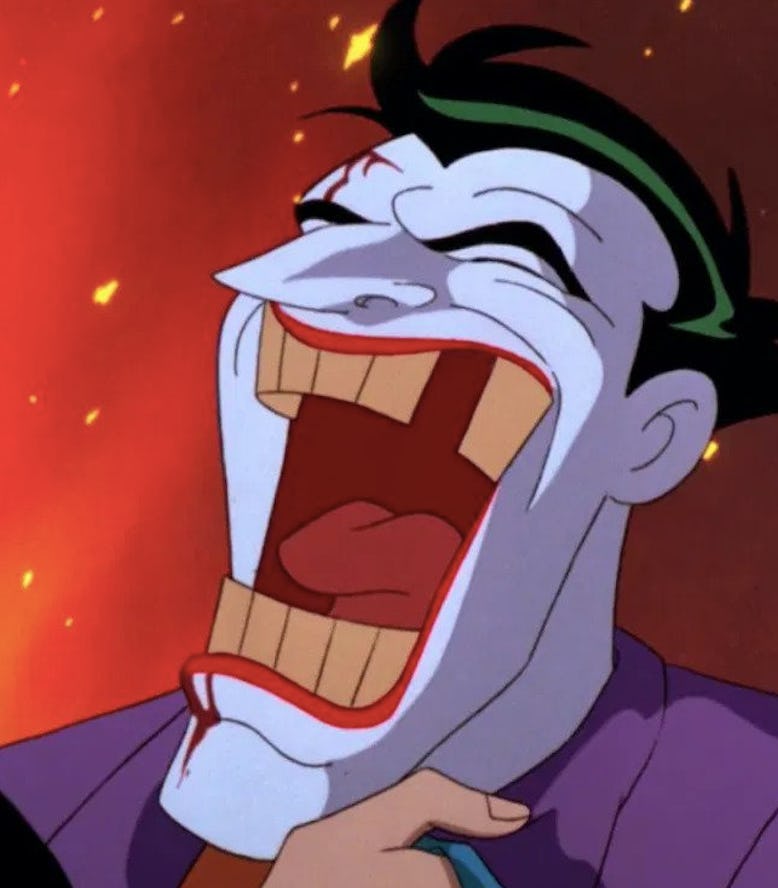
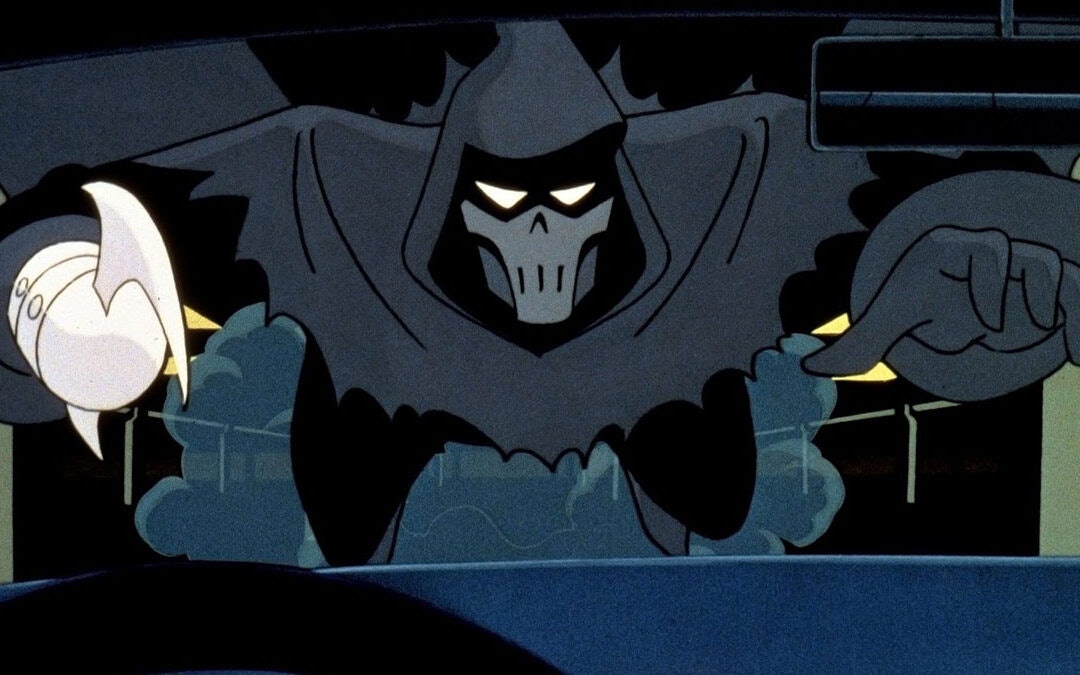
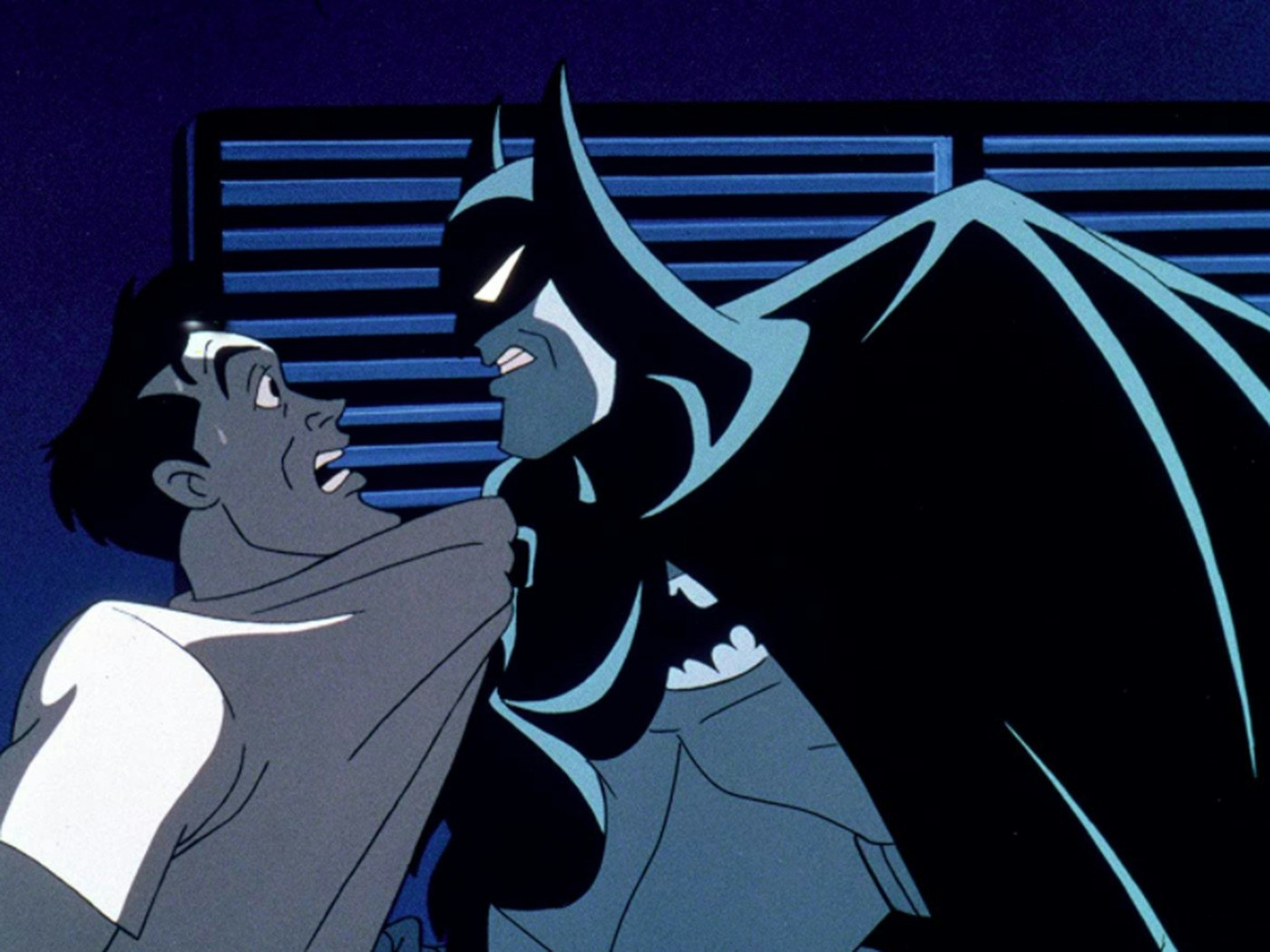
Is there anything else people don’t know about Mask of the Phantasm that you think they should?
Don’t think there’s anything you really need to know unless you’re a real film buff. I mean, it’s interesting that it was made as direct-to-video, and Warner Brothers saw the footage and said, ‘We’re going to release this as a film,’ the first animated film they ever released. So during production, they poured a lot of extra money into it, but since it was already storyboarded and into animatic, most of the money went to the stunning opening credits and closing credits because there was not a lot they could do. I mean, this thing was a rush job.
Most animated films take years to finish from start to finish. This thing was like eight or nine months, and I only wish that they had had the confidence to make it a theatrical film from the start, because it would’ve progressed organically rather than starting out as a direct-to-video TV production that was expanded into a feature. But like I say, go on Wikipedia and read about it. That’s all you need to know.







